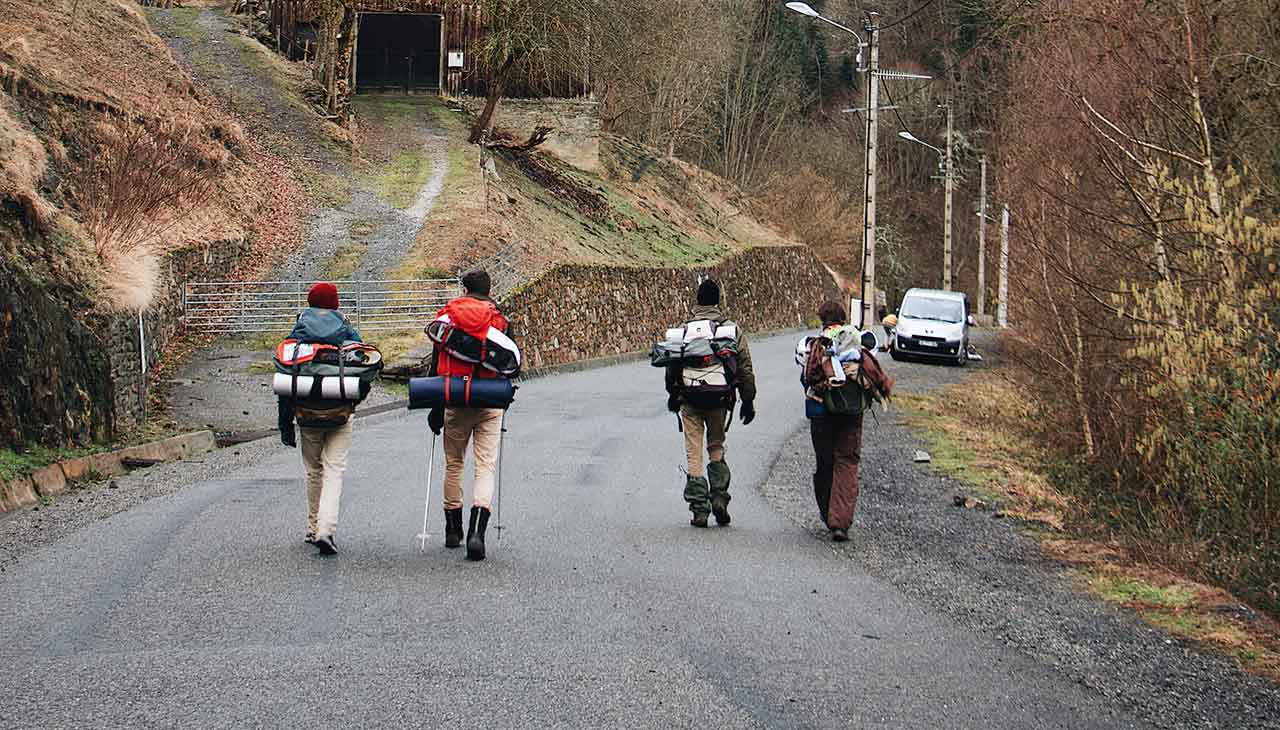Commencing a camping trip might seem like an exciting venture, but it necessitates careful planning and preparation. One critical aspect to consider is the gear you carry, which can significantly influence your camping experience. This guide provides you with an overview of essential gear that could turn your camping trip into a memorable sojourn in the great outdoors.
Shelter and Sleeping Gear
Tents
A suitable tent is your home away from home when camping. It offers protection from the elements and provides a comfortable place to sleep. Ensure to choose a tent that’s easy to set up, durable, and sized appropriately for your group.
Sleeping Bags
Sleeping bags are crucial to ensure a warm and comfortable night’s sleep. They come in various materials and temperature ratings. Choose a sleeping bag that suits the climate of your camping destination.
Sleeping Pads
Sleeping pads provide an extra layer of cushioning between you and the ground, making your sleeping experience more comfortable. They also add an insulating layer, crucial for cold-weather camping.
Hammocks
For those who prefer sleeping under the stars, camping hammocks are a great alternative to tents. They are lightweight, easy to pack, and can be set up between two trees.
Cooking and Food Preparation Gear
Stoves and Fuel
Portable camping stoves are a must for preparing warm meals in the great outdoors. There are various types, from lightweight backpacking stoves to larger two-burner stoves. The kind of stove you choose depends on your needs, and don’t forget the appropriate fuel.
Cookware
Invest in durable and lightweight cookware. A basic set usually includes pots for boiling water or cooking meals, a pan, and a kettle. Also, consider utensils like spatulas or tongs if you plan to grill.
Utensils
Don’t forget cutlery and dishes. There are camping-specific options available that are lightweight and easy to clean. Consider a spork, an all-in-one utensil combining a spoon, fork, and sometimes a knife.
Cooler
A camping cooler is essential if you plan to bring perishable food. It keeps your food and drinks fresh and cool. The size of the cooler will depend on the length of your trip and the size of your group.
Water Purification
Access to clean water is vital. While many campsites offer purified water, it’s always safe to carry your water purification method, like tablets or a water filter.
Remember, the key to successful camping meals is planning and simplicity. Choose foods that are easy to cook and clean up after.
Lighting and Fire Starting Gear
Flashlights and Headlamps
Both flashlights and headlamps are critical for navigating in the dark. While flashlights are traditional and reliable, headlamps provide hands-free convenience. Opt for LED versions, as they offer longer battery life.
Lanterns
Camping lanterns are essential for illuminating larger areas like your campsite or tent interior. They come in different types: fuel-powered, battery-powered, or rechargeable ones. Consider ones that have adjustable brightness settings.
Fire Starters
Starting a fire is fundamental to a camping trip, whether for cooking or providing warmth. Matches or lighters are the most basic fire-starting tools. However, it’s also smart to carry a more reliable fire starter, like a magnesium fire starter, in case conditions are wet or windy.
Firewood
If you’re camping in a location where gathering firewood is permitted, an axe or a saw can be a valuable addition to your camping gear. If not, you’ll need to bring your firewood. Just remember: never leave a fire unattended, and always fully extinguish it before leaving your campsite.
Clothing and Personal Gear
Clothing
Choosing the right clothing is essential for a comfortable camping experience. The best approach is to use a layering system: a base layer for moisture management, an insulating layer for warmth, and a shell layer for weather protection. Don’t forget sturdy shoes or boots suitable for the terrain you’ll be encountering.
Backpack
Select a backpack that is comfortable and large enough to hold your essentials. It should have adequate padding and be made of durable material to withstand the rigors of outdoor activities. If you’re planning a trek or hike, consider a backpack with additional features like water bladder compatibility or trekking pole attachments.
Personal Hygiene Items
Basic hygiene items include a toothbrush, toothpaste, biodegradable soap, hand sanitizer, and toilet paper. You might also want to pack a small towel and washcloth. Remember, leave no trace! Make sure to carry all of your trash out with you.
First Aid Kit
A well-stocked first aid kit is indispensable for any camping trip. It should include bandages, antiseptic wipes, tweezers, medical tape, pain medication, and any prescription medications you may need.
Multi-tool
A camping multi-tool can come in handy in a variety of situations. Typically, these include a knife, scissors, a can opener, and sometimes more specialized tools like a saw or a fire starter.
Navigation Tools
Depending on your camping location and activities, you may need a map and compass or a GPS device. Even if you’re camping in a well-marked area, it’s a good idea to have these tools in case of an unexpected detour or wrong turn.
Sun Protection
Protect yourself from harmful UV rays by packing sunblock, sunglasses, and a hat, particularly if you’ll be camping in an area with little shade.
Bug Spray
Insect repellent can make your camping trip more comfortable, especially in areas with high mosquito populations. Consider a bug spray with DEET for the best protection.
Remember, the goal of your camping trip is to relax and enjoy the great outdoors. Ensuring that you’re adequately prepared with the right gear will make your experience all the more enjoyable.

